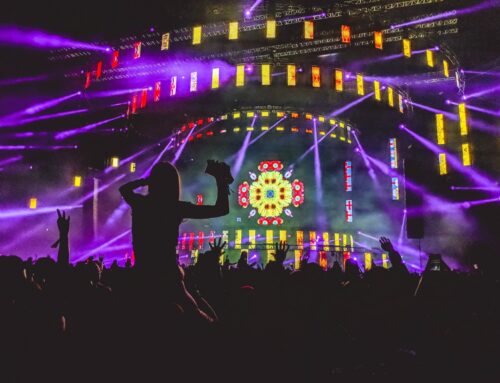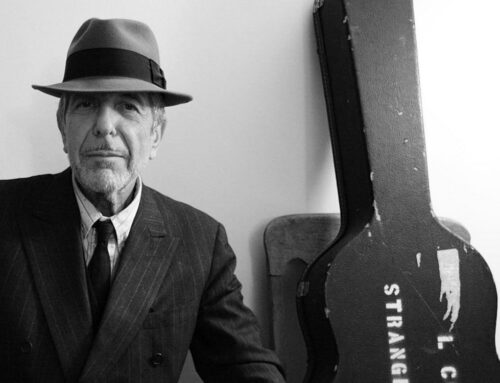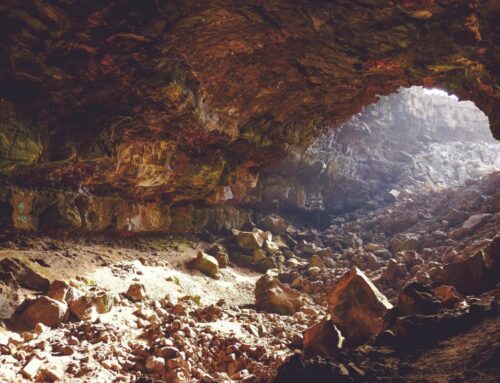A successful businessman sat down for his flight when he saw another man board the plane. The new man’s bag was covered with patches of flags from different countries. His eyes were heavy, but he had an enormous grin plastered across his face. Thanks to the flight being overbooked, he was riding first-class for the first time.
The two men sat next to each other and spent the flight trading stories. The businessman spoke of his wife and kids, his company, and the hotel he’d stayed in the night before. The traveler talked of nights under the stars and the uneasy feeling of not knowing where he will go next. Both men were the same age and, for the most part, happy with their lives. But as they clinked glasses, they looked at each other and couldn’t help but wonder, “Have I made the right decisions in my life?”
***
It’s a first-world dilemma: To explore or be productive? Any banker or high school guidance counselor would tend to say take what you have — money or skills — and invest them where incremental growth is possible and probable. Play to your strengths, parlay your experience, and optimize for the next level. In short: Be productive.
In the overarching tug-of-war between productivity and exploration, the former is basically non-negotiable.
We’ve gotten better at encouraging each other to travel, make mistakes, and develop grit. But in the overarching tug-of-war between productivity and exploration, the former is basically non-negotiable. It’s a finger-wagging type of compromise that says, “You can explore, just be working toward something.”
The problem with that qualifier, though, is that productivity can stifle the randomness needed for pure, unadulterated exploration. The point of exploring and discovering new things isn’t just to keep things interesting. The goal is to arrive at things worth producing with wide-eyed perspective, an appreciation for the unknown, and genuine curiosity.
***
Kevin Kelly, ultra-polymath and the co-founder of Wired, has pointed out that the more successful a person or organization becomes, the harder it is for them to explore new opportunities. In a 2014 interview on The Tim Ferriss Show, he put it this way:
You’ll get a higher return by investing into what you’re good at already, whatever it is… That, by far, is the sanest, the most reasonable, the smartest thing to do. But when you have a very fast-changing landscape like we live in right now, you get stuck on a local optima, you get stuck. The problem is that the only way you can get to a higher, more fit place is you actually have to go down. You actually have to head into a place where you are less optimal, you have no expertise, there’s very low margins, there’s low profits, you’ll look foolish, there’ll be failures. And if you’ve been following a line of success, that is very, very difficult to do.
It’s much easier for the young company with nothing to lose to roll the dice than for the corporate giant to bet the farm. No one likes going backward. And the trouble is, the more proficient and exceptional we become in a category, the harder it is to walk away.
If exploring before becoming productive is the answer, it would mean spending more time being chased by the lingering question of “what’s the plan?”
One might argue, however, that extended periods of doubt make for thicker skin. Like the stoics who practice poverty in hopes of losing their fear of it, being okay with the unknown can cultivate the brand of courage it takes to walk away from success when it becomes unfulfilling.
The challenge is to not let our hours of productivity become bricks in a wall that overshadows exploration.
Exploration isn’t just the diversification of experience and skill, but also the diversification of empathy, ego, and courage. One can’t be expected to adopt — and then challenge — the world’s thought processes without proper exposure to them. And nothing leads to better exposure than random, aimless exploration.
***
“As our island of knowledge grows, so does the shore of our ignorance.” -John Wheeler
And so it goes with success and productivity. As our island of accomplishments grow, we naturally become more averse to risk, uncertainty, and ideas that threaten what we’ve built.
To live a meaningful life, I can’t argue against the need for productivity. Adding value to the world through tangible accomplishment satisfies the soul and makes for a better night’s rest. But it’s through experience, failure, and exploration that we learn what’s worth accomplishing in the first place. The challenge for those of us following a line of success isn’t to walk away and travel with tattered bags. Instead, the challenge is to not let our hours of productivity become bricks in a wall that overshadows exploration. And that what we do create invites more opportunity to explore, question, and change with the tides.
Because accomplishment shouldn’t come at the cost of curiosity.




